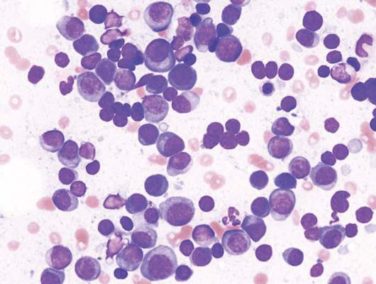Family-based treatment was generally more effective than cognitive-behavioral therapy was at treating adolescent bulimia nervosa, according to Daniel Le Grange, Ph.D. , of the University of California, San Francisco, and his associates.
At the end of treatment, family-based treatment (FBT) had a significantly higher bulimia abstinence rate at 39% over cognitive-behavioral therapy (CBT) at only 20%. This gap was maintained at the 6-month follow-up, with abstinence rates of 44% and 25%, respectively. After 12 months, the difference in abstinence rates was 49% and 32%, respectively, and was no longer statistically significant, according to the investigators.
Hospitalizations were much more common in the CBT group at 21%, compared with only 2% in the FBT group.
“It appears that, similarly to their adolescent peers with anorexia nervosa, adolescents with bulimia nervosa can benefit from an approach that actively involves their families in the treatment process,” the investigators said.
Find the full study in the Journal of the American Academy of Child & Adolescent Psychiatry ( doi: 10.1016/j.jaac.2015.08.008 ).



